TECH VS NEWS MEDIA
Competition Commission calls out X/Twitter for refusal to participate in media and digital platforms inquiry
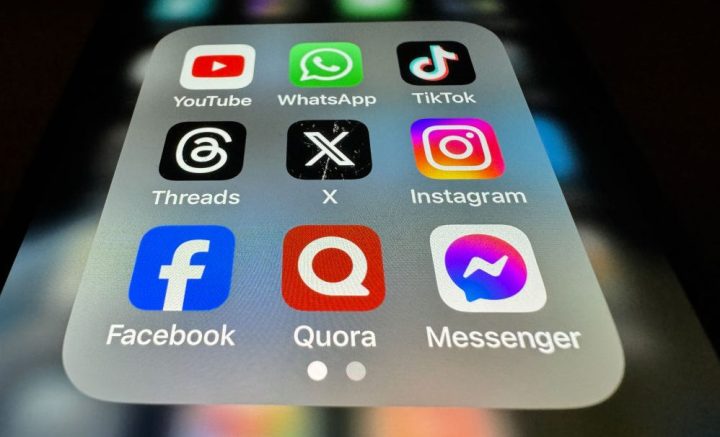
The Media and Digital Platforms Market Inquiry kicked off on Monday for a month of hearings into the conduct of global social media platforms and their impact on the local news industry.
The “biggest bully in the room”, Elon Musk’s X/Twitter, is the only major global platform that has refused to participate in South Africa’s media and digital platforms inquiry.
Set to hear submissions from more than 40 stakeholders, the Media and Digital Platforms Market Inquiry is scheduled to run until 25 March in Sunnyside, Pretoria.
Digital platforms expected at the hearings include Meta (owner of Facebook, Instagram, WhatsApp and Threads), Microsoft Bing, Microsoft Start, Google’s Search and News, and YouTube.
Ad brokers and ad tech service providers will also be appearing before the commission.
The panel will hear from the country’s media houses, the Centre for Journalism and Liberty, the Gordon Institute of Business Science’s Media Leadership Think Tank and other stakeholders during the week.
Daily Maverick will present on Friday between 3pm and 5pm.
‘Unacceptable’
Committee chair James Hodge, who is the acting deputy commissioner of the Competition Commission, called out X/Twitter on Monday, saying it was the only major global platform that has so far refused to participate in the hearings.
“The panel does not find this position acceptable, as it denies us the ability to discuss and debate the submissions made by X Corp, and it denies the SA public and media transparency and accountability.
“We also find it somewhat ironic that X has taken this position given its own value proposition to users being a ‘real-time, global, open, public conversation platform where people can see every side of a topic, discover news, share their perspectives, and engage in discussion and debate’.
“The panel would like to hear from the public and media on whether you think X Corp should be participating and what questions you have for them of relevance to the inquiry scope,” said Hodge.
X CEO Linda Yaccarino appeared before the US Senate in January, where the company was grilled alongside Snap Inc, Meta, TikTok and Discord about the role of Big Tech and online child sexual exploitation.
Hodges told SAfm that X had made submissions to the inquiry but chose not to participate in the hearings.
“They indicated that they didn’t feel it necessary to come, given the kinds of areas which we wish to cover, so they’ve made submissions on these points. Our view is that discussion and debate is the purpose of the public hearing; getting a submission of a one-sided view (is their) perspective.”
Participation was different from submission, so if X continues to refuse, it might be subpoenaed, Hodges suggested.
First up on Monday were the South African National Editors’ Forum (Sanef), the Association of Independent Publishers and the International Fund for Public Interest Media.
Not only about the money
Sanef chair Sbu Ngalwa told the panel that it was important for the inquiry to consider issues surrounding the provision of access to credible news as a public good: “It is a constitutional matter, as opposed to just being about commercial competition.
“I think we’ve made a good case around the issue of fair compensation for news. Most people will say, what is credible news, as opposed to all news, but we are referring to news organisations that subscribe to self-regulatory bodies like the Press Council of South Africa and the Press Code.
“If the platforms prioritise this news, as opposed to all other news, it will work as a perfect antidote to disinformation.”
Announced in October last year, the wide-ranging inquiry has already gathered information from an array of industry stakeholders.
Hollowed out
Search engines such as Google and Bing have revolutionised how we gather information, allowing us to find answers easily and conveniently in a single place.
Reliance on these platforms has created an ecosystem of content aggregators which feed off the content of publishers and media houses that make their content available through these platforms.
Advertising agencies accordingly place their adverts in front of the widest audience, thereby increasing the number of eyeballs on their product.
But the content producers say they are losing out on advertising while doing all the work – and that it’s wiping out the media industry.
The inquiry comes at a time of significant pressure on the media by digital and advertising technology players which aggregate and monetise content — increasingly with generative AI — without sharing any meaningful profits with the publishers of the original content.
The consequence of this is a hollowed-out media operating on shoestring budgets, while global powerhouses rake in billions of dollars in profits.
Mega profits
In 2021, the Australian Competition and Consumer Commission introduced the News Media Bargaining Code, forcing Google and Meta to strike deals with Australian media organisations.
The code forced the platforms to pay news organisations around A$200-million (R2.47-billion) a year.
Indonesia, New Zealand, South Africa and Switzerland have all considered similar laws, while Japan warned tech platforms that low payments to publishers could violate anti-monopoly laws.
South Africa has now demanded that Google reveal how much information it uses and the money it is making from news publishers.
A draft working paper, titled Paying for News: What Google and Meta Owe US Publishers, said in November last year that large platforms were vastly underpaying publishers for their content.
A conservative assumption is that Facebook owes $1.9-billion to US publishers annually for the use of their content on its platform, while Google owes $10-$12-billion.
Last week, Caxton and the Centre for Free Expression served Google with legal demands to provide transparent answers to a list of questions.
Caxton chairman Paul Jenkins told Forbes: “Our ability as news organisations to report and hold the government to account, and report on society, has never been more under threat. Journalism is in danger.”
In 2023, Meta — the world’s biggest social media network — generated a net income of about $134-billion, up from $117-billion the previous fiscal year. Its main revenue stream is digital advertising: Statista says 94% of global marketers use Facebook in their marketing efforts.
In 2022, Meta made $113-billion in advertising revenue but only paid about $2-billion in fees. This was the year CEO Mark Zuckerberg called Meta’s “year of efficiency”: Meta tripled its profit, boosted by a rebound in digital advertising, cost-cutting and layoffs.
Facebook has been criticised as a threat to journalism. It wants to exit news entirely, which will disrupt the traffic flow for many publications.
In September, Meta announced that it would “deprecate” its Facebook news tab in the UK, France and Germany as “part of an ongoing effort to better align our investments to our products and services people value the most.”
Three days ago, Meta announced it would stop funding news in the US and Australia, a decision blasted by the latter’s government.
In a joint statement by Australian communications minister Michelle Rowland and assistant treasurer and financial services minister Stephen Jones, they called Meta’s decision a “dereliction of its commitment to the sustainability of Australian news media.
“The government has made its expectations clear. The decision removes a significant source of revenue for Australian news media businesses. Australian news publishers deserve fair compensation for the content they provide,” Rowland and Jones said.
They are now seeking advice from their country’s competition watchdog and treasury.
Musk acquired Twitter in 2022 for $44-billion, slashed half its workforce, introduced a monthly subscription and changed the company’s name in 2023 to X.
The mercurial Musk has also unbanned accounts belonging to former US president Donald Trump and musician Kanye West over hate speech complaints, scaring off advertisers and triggering a host of Twitter alternatives.
The company finally expects to be profitable this year, said Yaccarino. DM











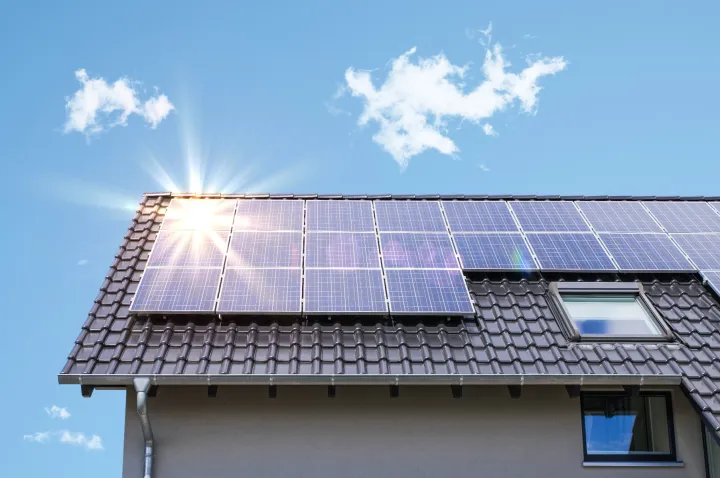
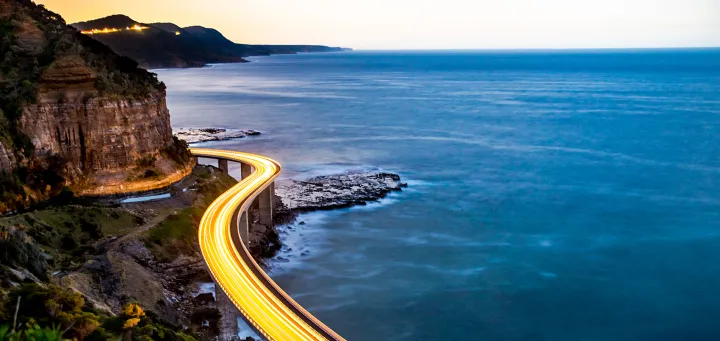
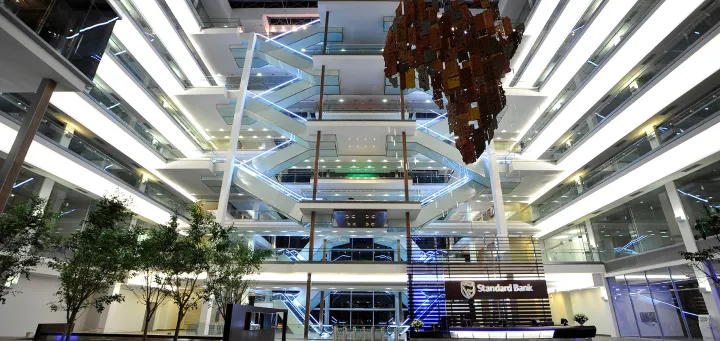



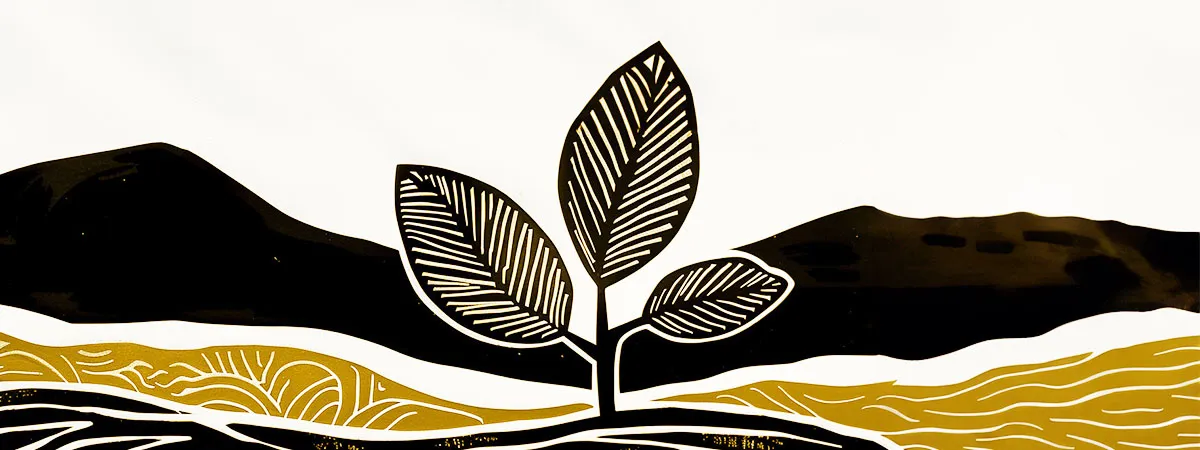
Oh no, James Hodge involved yet again. ….Not that I have much sympathy for these big corporates, but why is the Competitions Commission involved.
Because big tech steals, aggregates and data scrapes without any fair trade deal. Its a massive threat to independent news gathering globally. They must pay. And if X doesnt want to participate, then shut it down. Its a cesspit anyway.
Well, I suppose that the argument would be that these “news aggregators” are using their technological advantage as the first port of call for users, to serve content generated by news media outlets while neither rewarding the creators for that content, nor passing enough click-throughs to the sites hosting that content to really share the bounty. I.e. these could be argued to be exclusionary practices, hence the Competition Commission. A comparable situation (perhaps) would be that when music is played publicly or reproduced for financial gain, then the artists involved in producing that music is entitled to royalties from the person/entity making the profit. That is a principle well-established in law, and the reason why SAMPRA, SAMRO and CAPASSO exists. (Though these have their own problems; SAMPRA, with 15 employees, spent R41 million on “administrative costs” in 2020, while only collecting R200 million in license fees, for example.)
Then again, I suppose that the counter-argument would be that hosting links to articles (plus maybe a headline, a blurb, and a photo) does not justify direct payment for that content as it constitutes a summary, and that the reward for such is supposed to be the traffic generated to the sites hosting the articles. And furthermore that it is not the fault of the news aggregator if people do not click through to the full articles, that if the majority of people are content to merely read headlines and look at pictures, then that points to wider problem in society that they are unable to, and not obligated to, address. Of course, if some of these services are reproducing full-content articles, then it would be a lot harder for them to defend the practice of not paying the creators.
All in all, while it does seem that this is an issue that warrants further investigation and debate, it does not really seem that the Competition Commission is the best forum for such. Either an ad-hoc committee in Parliament, or perhaps the Companies and Intellectual Property Commission itself, seems more relevant (even though the latter does not really hold enquiries into IP and is still struggling to manage its full mandate). If the myriad issues in the long-delayed Copyright Amendment Bill could be fixed, though, the enacted bill would set up an Copyright Tribunal, which would seem to be the perfectly apropos forum for this matter.